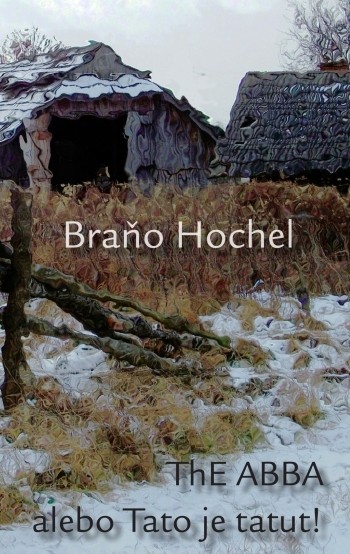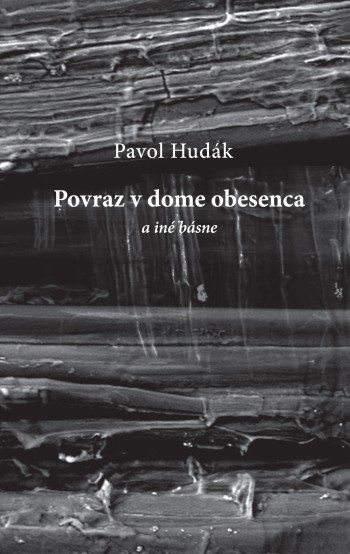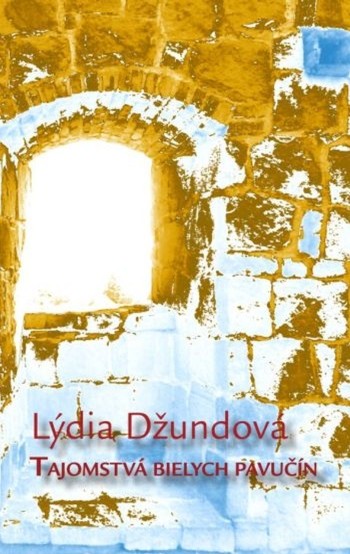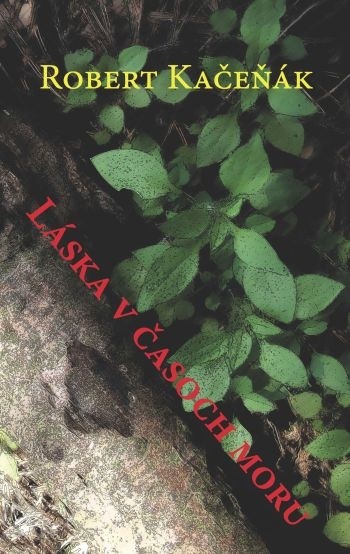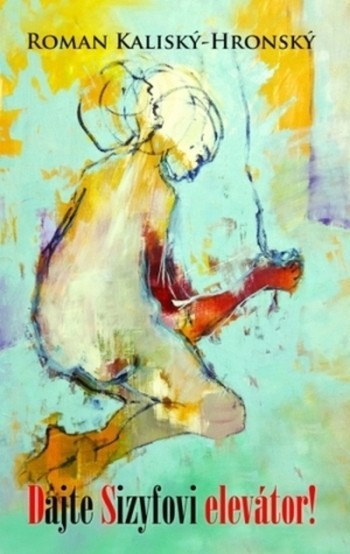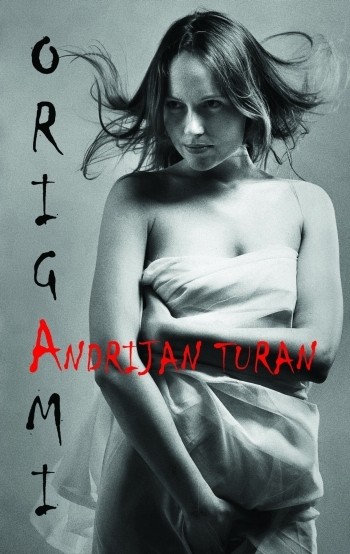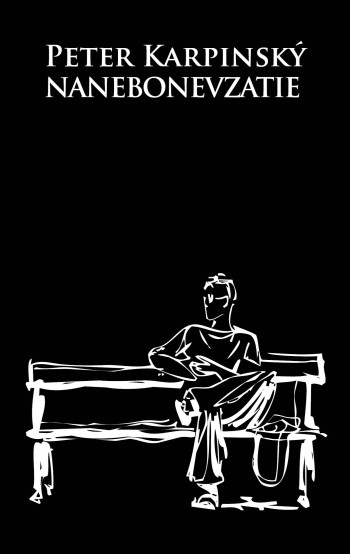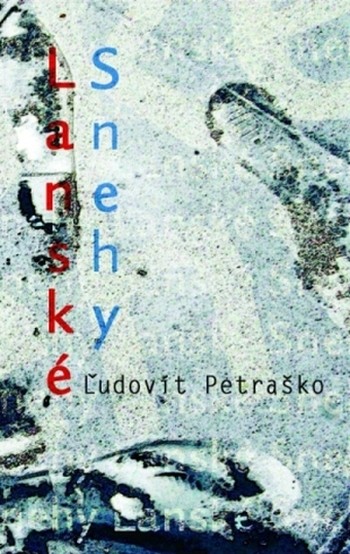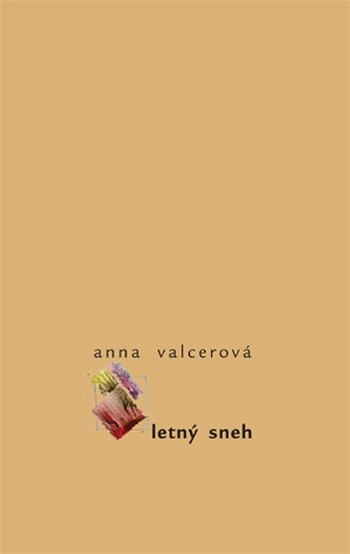Ivan Klohna: You can only stay like this
Pectus publishing house, Košice 2014
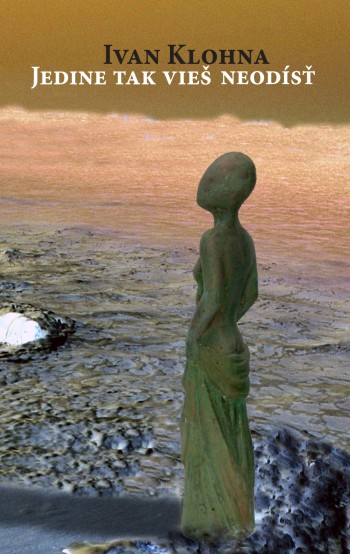
Seldom does a poet succeed in burying his head in the clouds yet staying firmly on the ground with his feet. Klohn's poetry, apparently under the influence of the Beat generation with strong existentialist undercurrents, is hovering in its own myths both cautiously as well as soberly. Many a time with irony which enables one to cope with suffering more like a defensive reaction than a cynical attitude. Signs of resignations in the context testify to a struggle. Fortunately, the author does not pose himself as a servant to his work or penitent to the spirit nor compels one to take another positive thinking course. He depicts the snapshots in a sensitive and candid manner, refraining from sentiment, affectation or flirting with fashion experiments. The author also relies on a holistic approach of oriental philosophies; already stoics connected cosmology with ethics. Transcending things despite the devotees of the Enlightenment who poked fun at poetry-making as if a new-born baby did not fit in this world, is an urgent part of mental experience.

